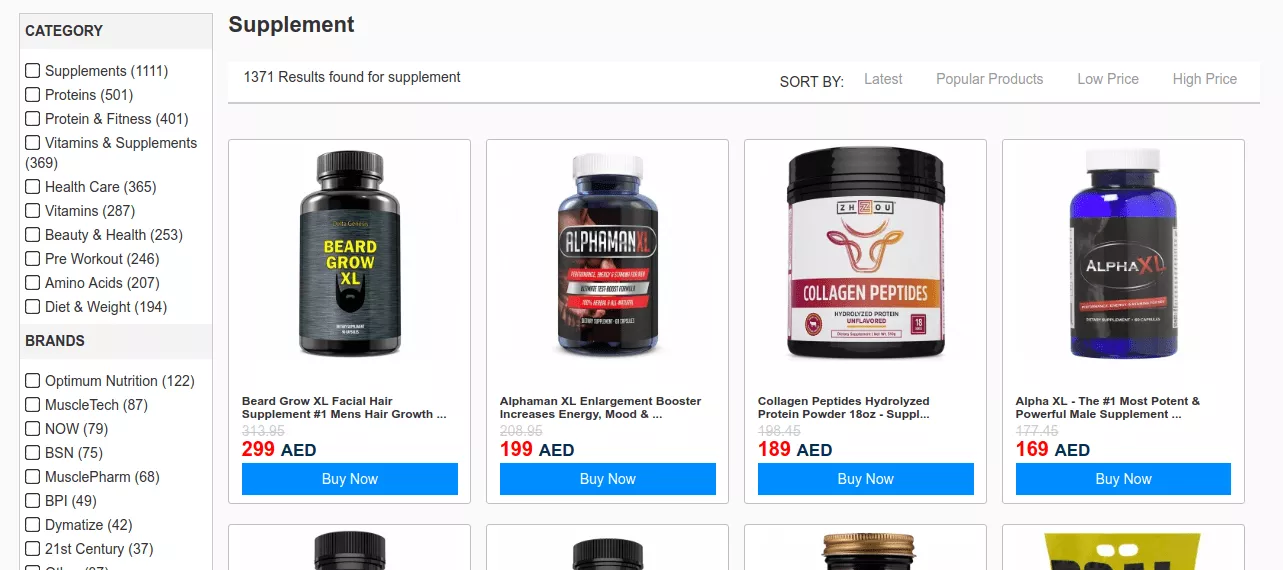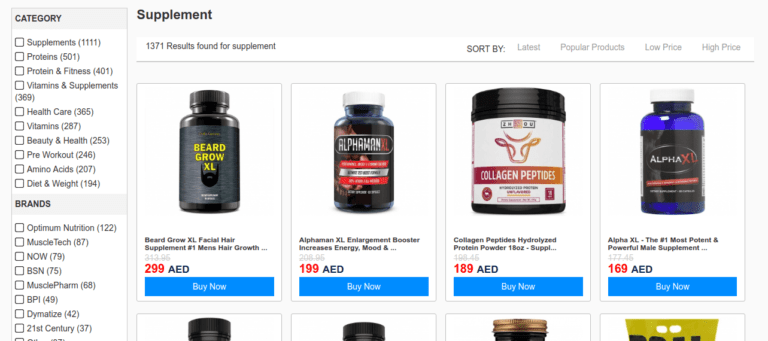Read ecommerce onsite search for more information.
In any eCommerce website, there is no one tool that is more important than the search bar that helps in sales. The real truth is that many eCommerce websites have been trying to get the secret sauce that drives great search experiences on Google. But hardly a few eCommerce websites (including Amazon) have been able to get their search to Google’s level. Statistics have shown a high correlation between people who search and people who buy. This gives a great reason to optimize your eCommerce search engine. To be concise, the search bar is the eye of an eCommerce website.

Why do more people choose to advertise on Google as compared to Bing? Two reasons – One- Advertisers are able to sell products much better on Google than on Bing. Two – More people use Google.
Relevant Ecommerce Search
Both these reasons are undoubtedly related to the fact that Google’s search results are more relevant. To sell more, the number one search feature to concentrate on is the search relevance.
In many eCommerce websites, natural language search queries are on the rise. If your search engine can’t handle natural language searches, people will switch to Google to search for such queries which means losing out customers to competitors. Adopting machine learning practices in ranking search results can help in handling NLP queries.
Your site search might benefit in the long run if you have a search rule engine. When you have a rule engine built, the next time you want to make changes to your search engine relevance, you need not return back to coding. A rule engine helps in promoting products to the top of search results for certain queries alone based on rules set by the administrator. This is beneficial in improving revenue and profits. For example for a top-performing search query, you might want to boost certain products that have a higher margin.
Synonyms can help in handling NLP queries and other queries that don’t have a product match. For example, if people are searching for a couch and you have sofas listed in your product feed, you can set “sofa” as a synonym for “couch” which will bring in sofas when someone searches for a couch.




